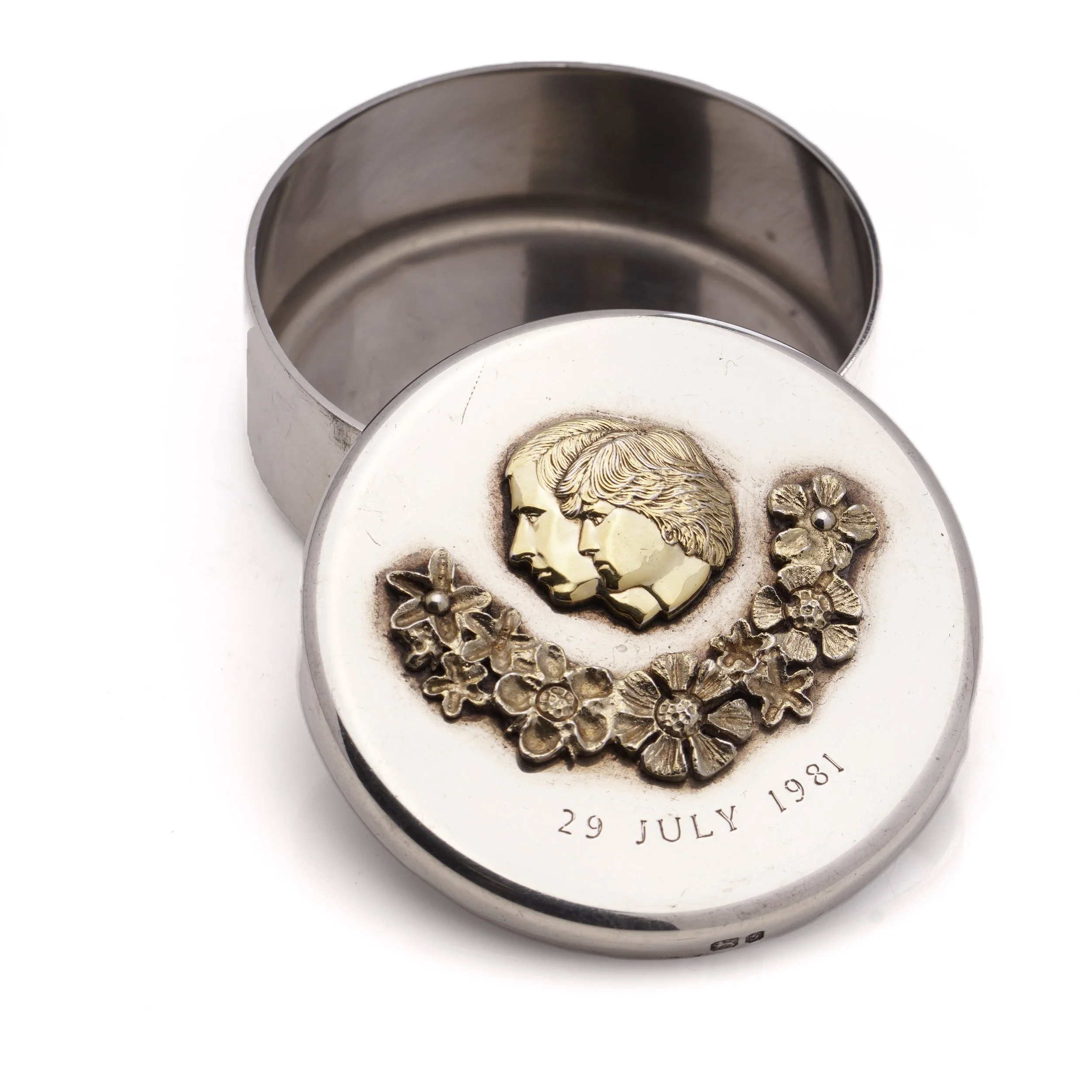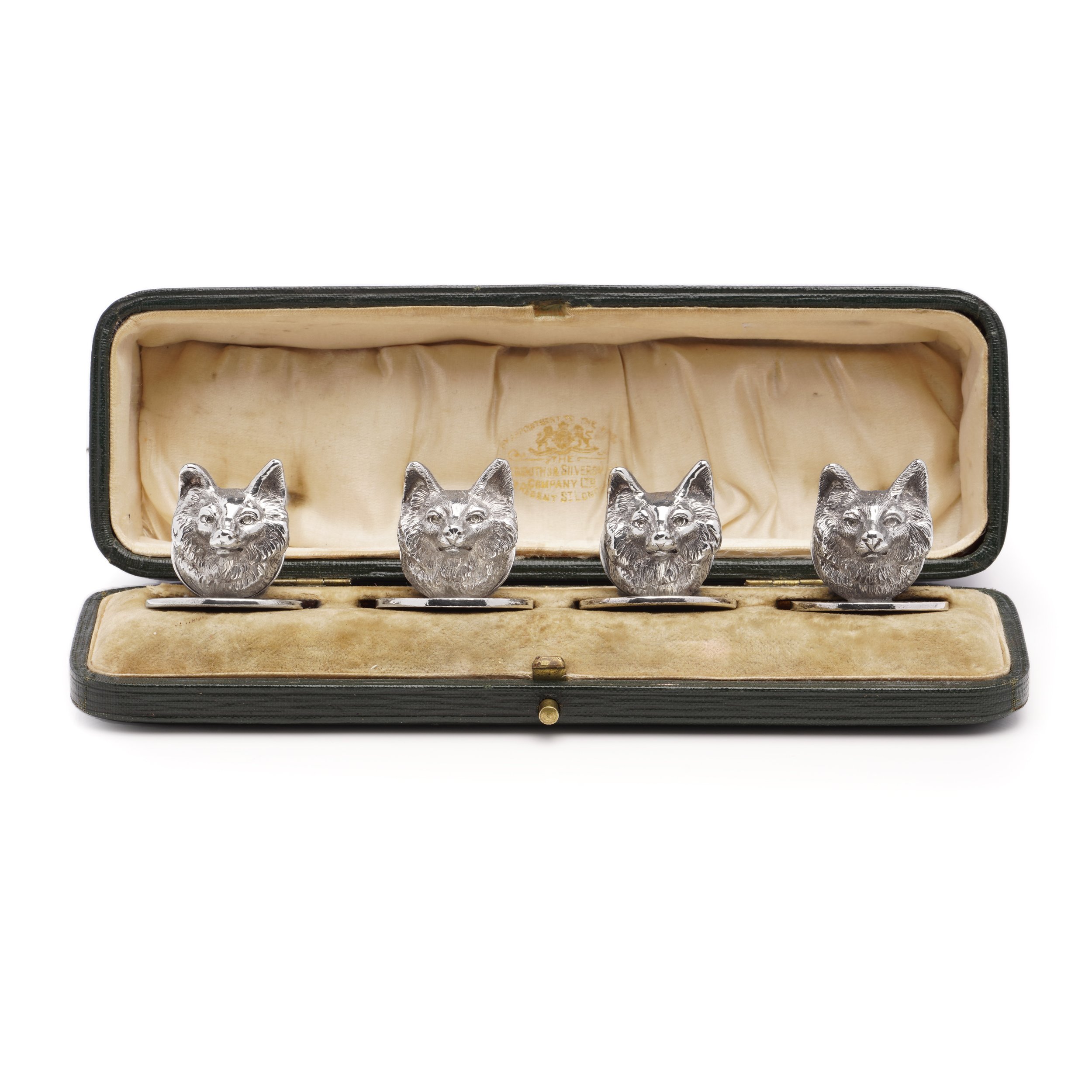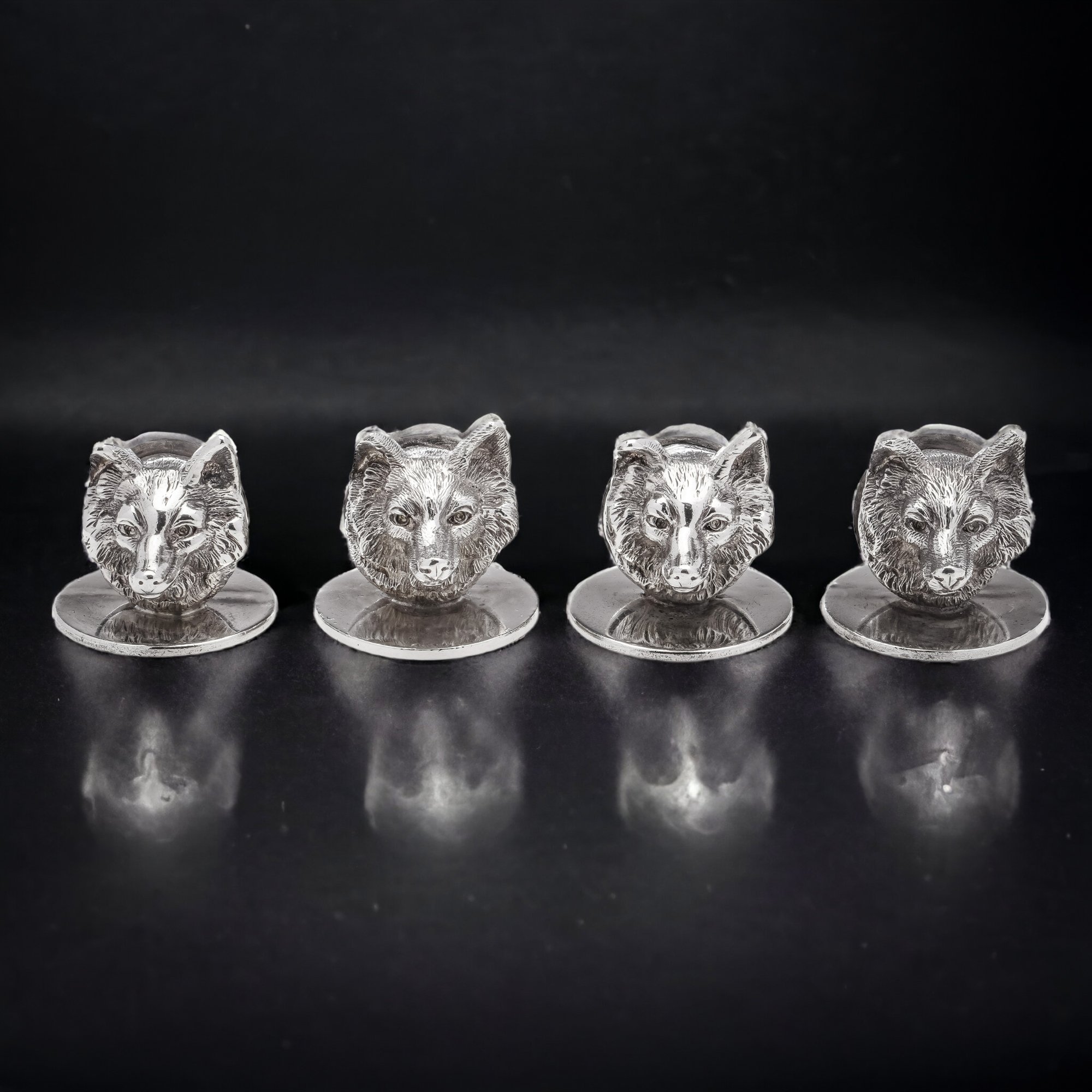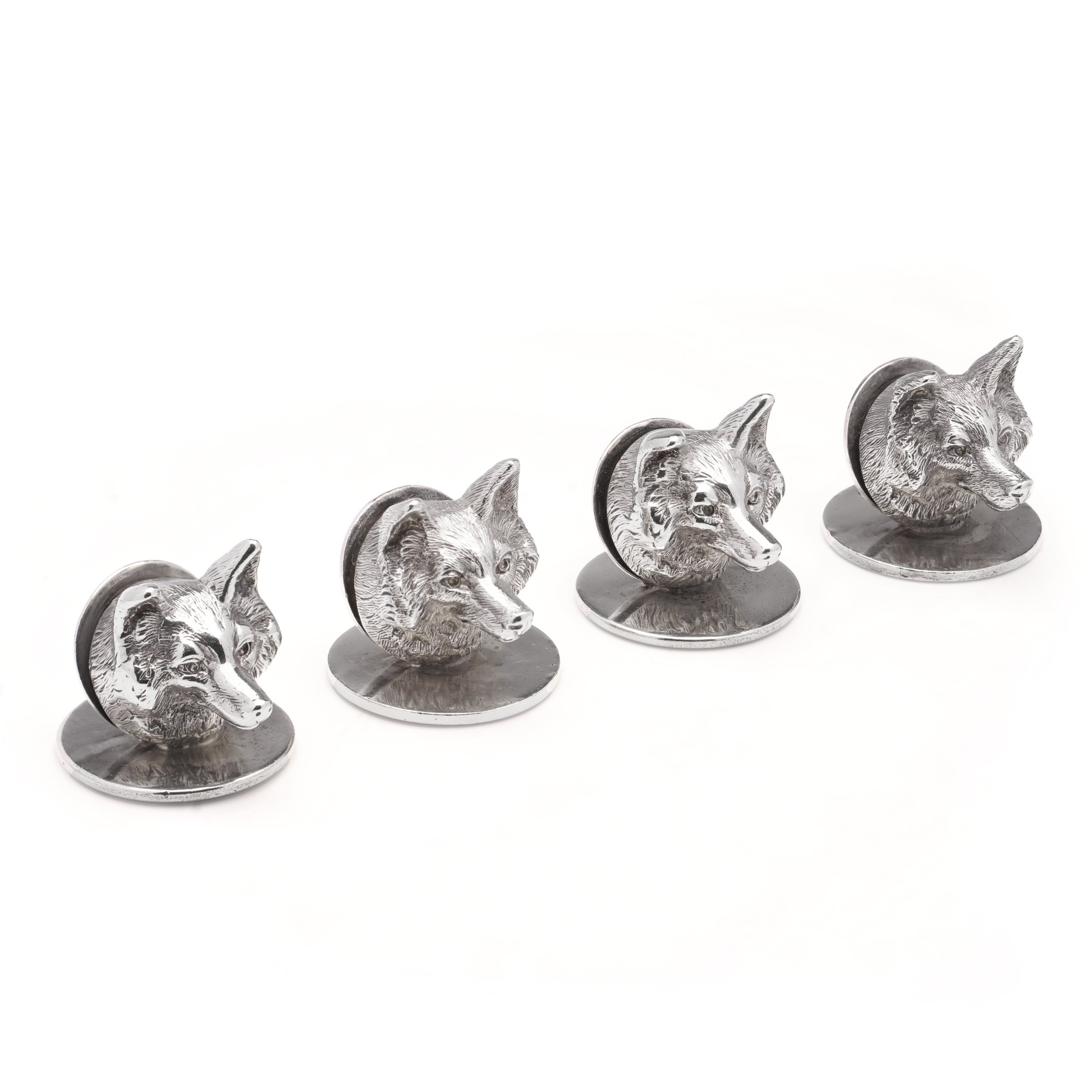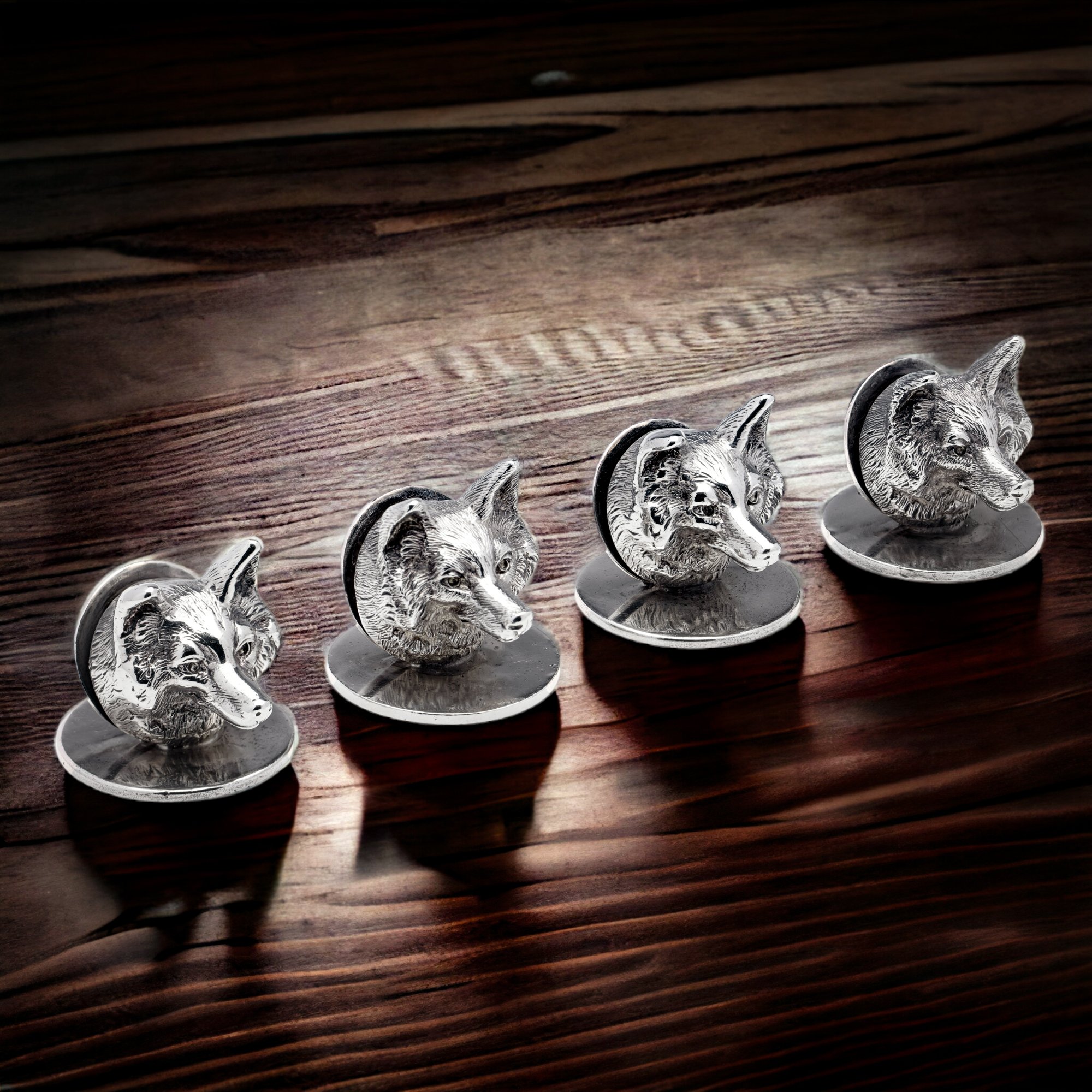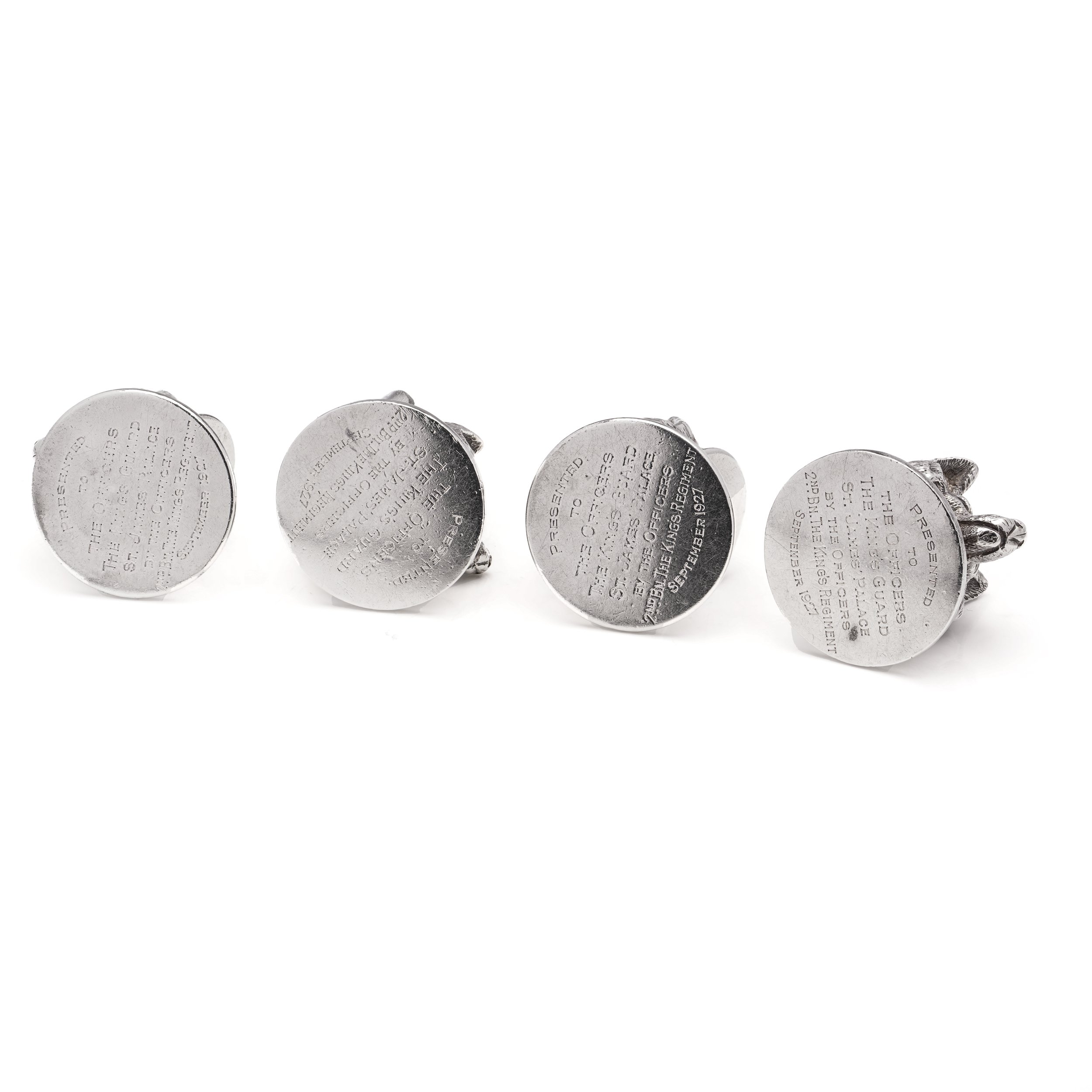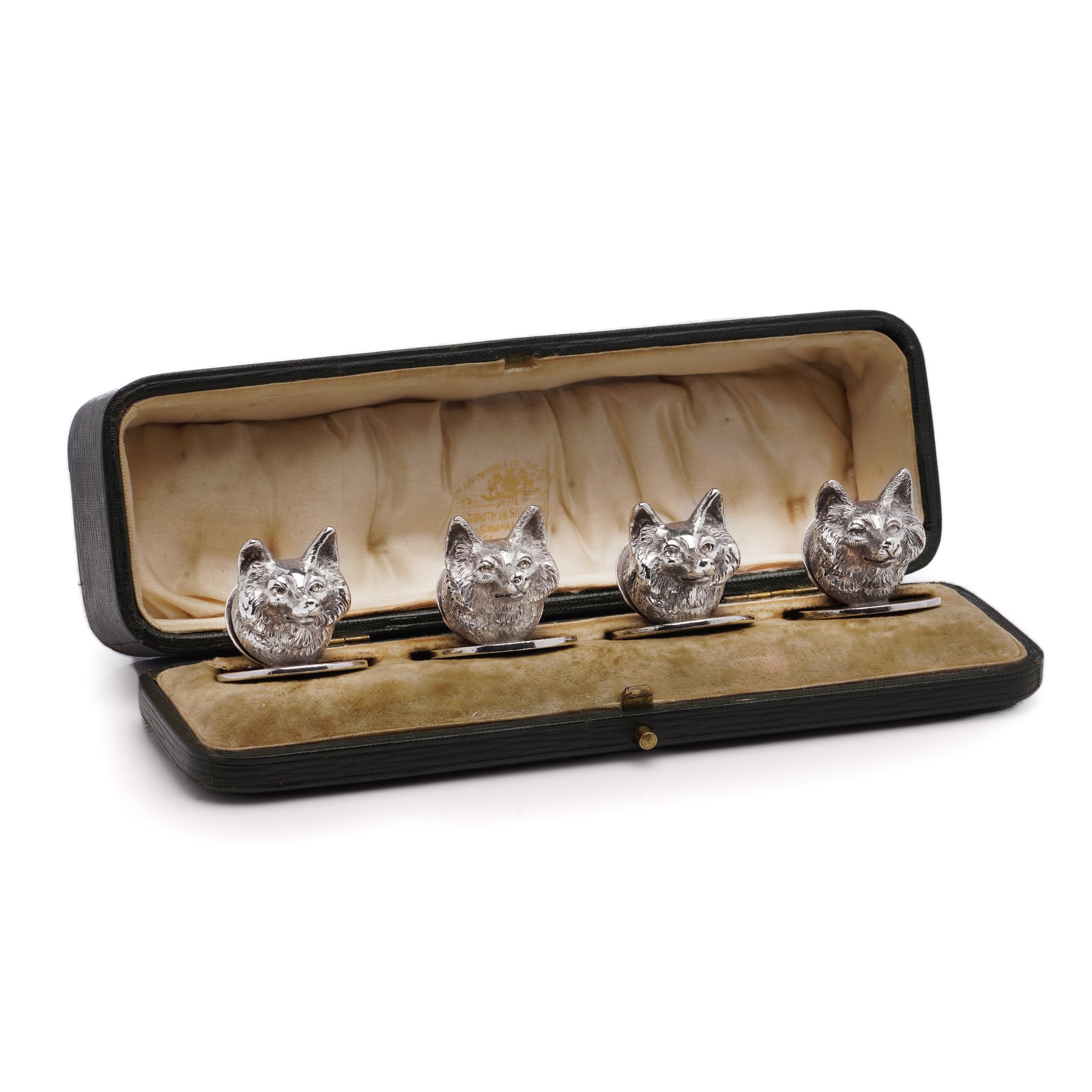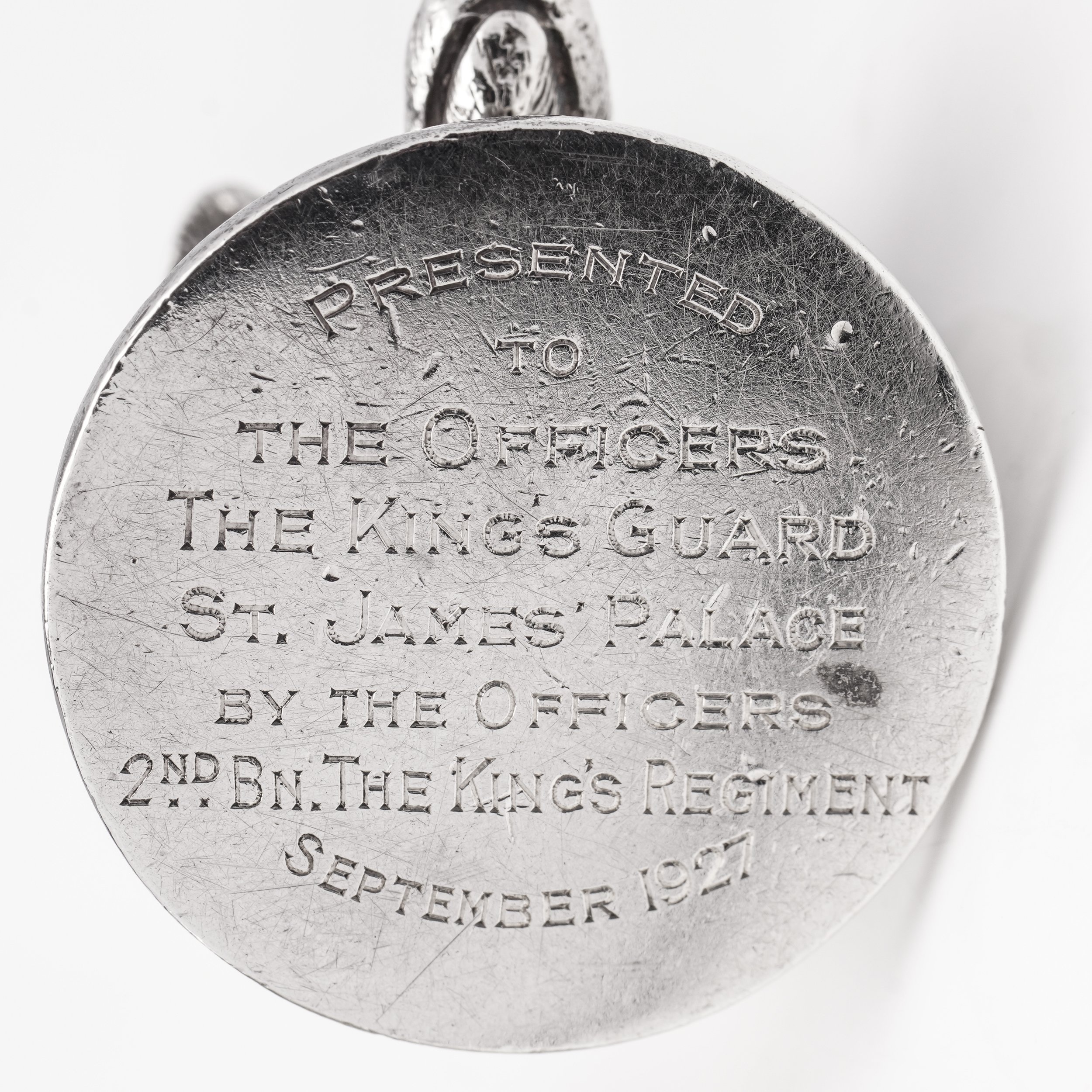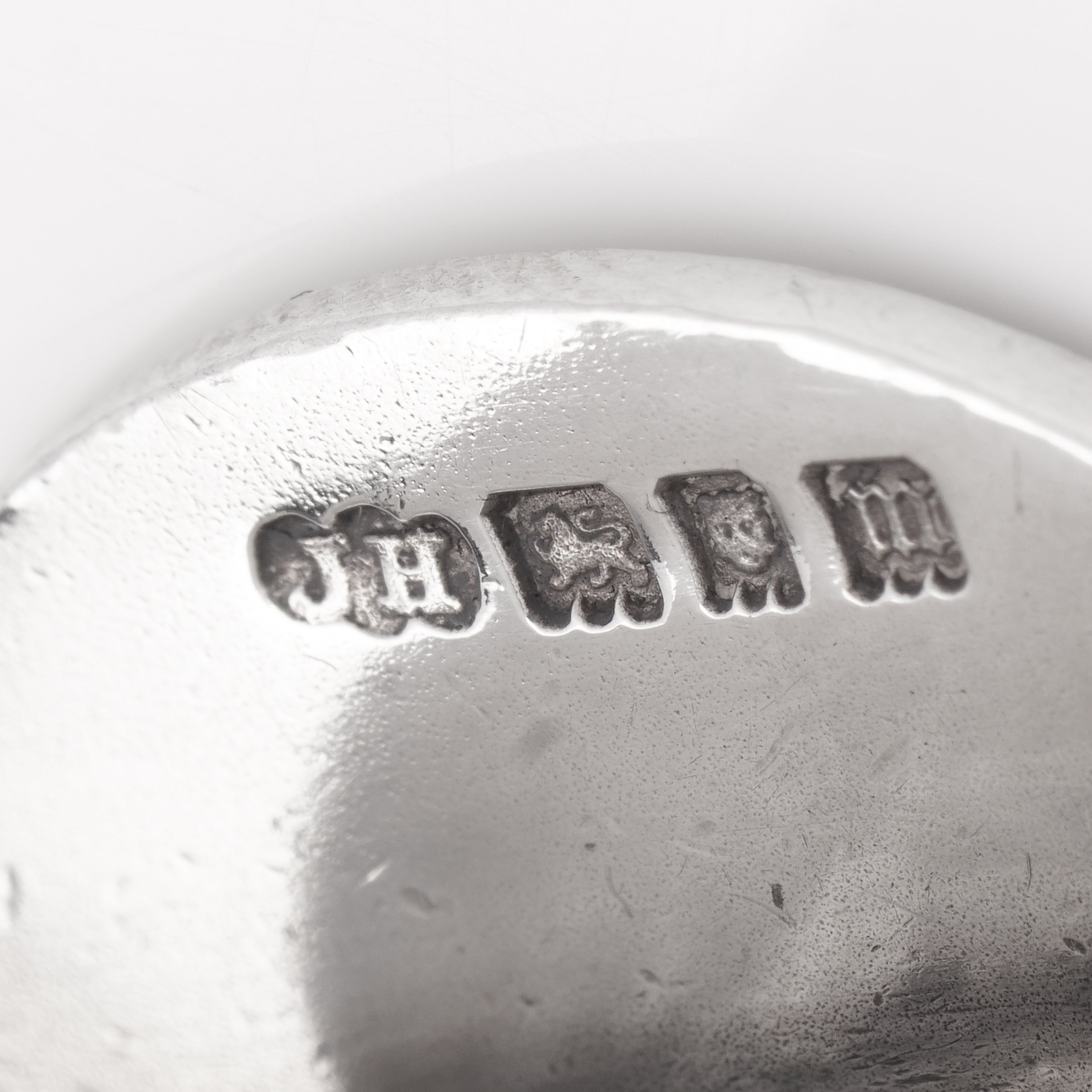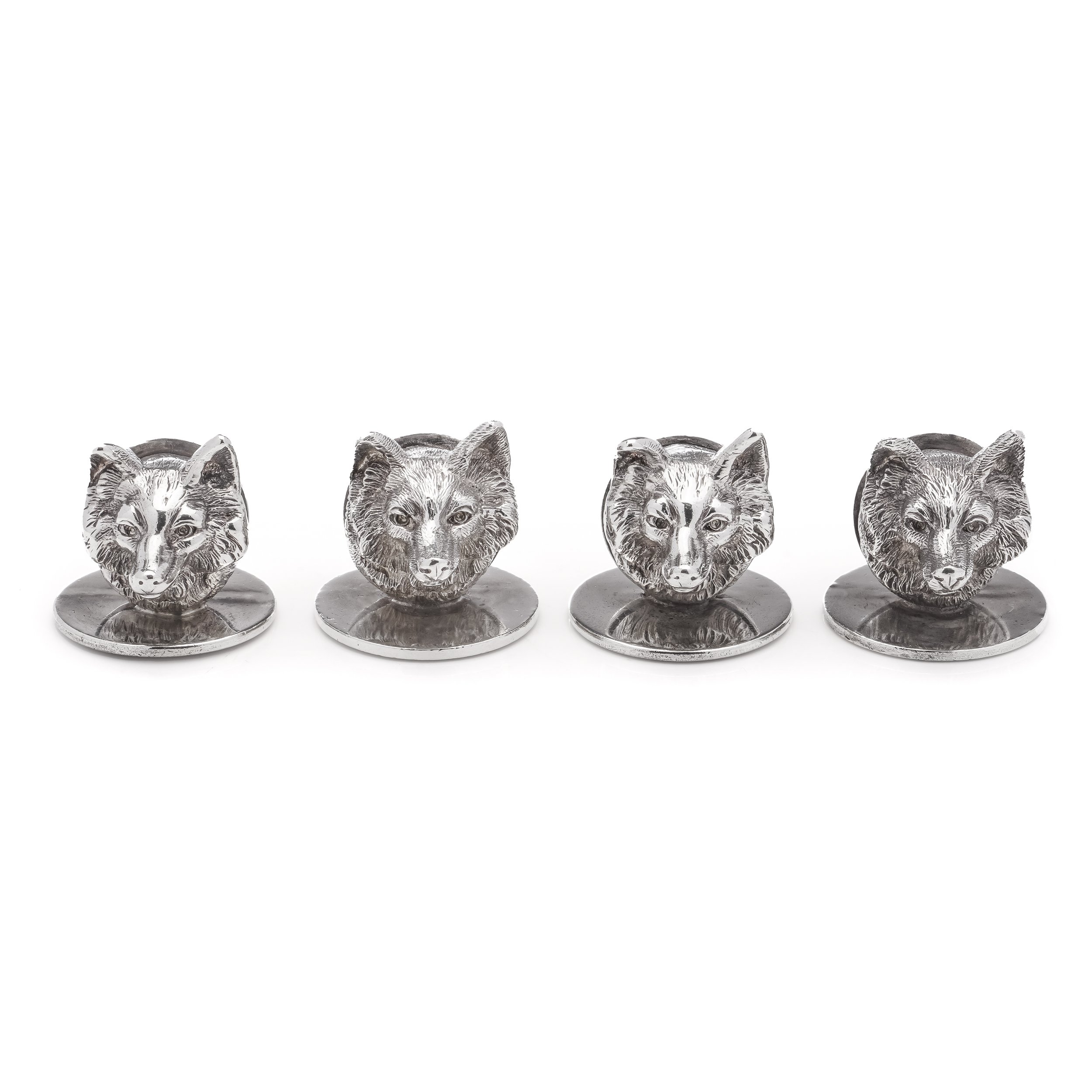SOLD - Liberty & Co. late Edwardian sterling silver cigar case
ITEM LOCATION : United Kingdom
SHIPPING FEE: Complimentary Express & Insured Shipping
Included: Complimentary Gift Wrap Packaging & Certificate of Evaluation.
RETURNS: 14-Days Return Policy, Money-Back Guarantee.
ITEM LOCATION : United Kingdom
SHIPPING FEE: Complimentary Express & Insured Shipping
Included: Complimentary Gift Wrap Packaging & Certificate of Evaluation.
RETURNS: 14-Days Return Policy, Money-Back Guarantee.
ITEM LOCATION : United Kingdom
SHIPPING FEE: Complimentary Express & Insured Shipping
Included: Complimentary Gift Wrap Packaging & Certificate of Evaluation.
RETURNS: 14-Days Return Policy, Money-Back Guarantee.
-
Liberty & Co. late Edwardian sterling silver cigar case.
Made in the United Kingdom, Birmingham, 1910
Maker: Liberty & Co.
Fully hallmarked.Dimensions -
Length: 13 cm
Width: 6.5 cm
Depth: 2.5 cm
Weight: 115 grams in total
Condition: The cigar case is pre-owned, with minor signs of usage, excellent condition overall. -
The founder of Liberty & Co Ltd. was a man called Arthur Lasenby Liberty. With a GBP £2,000.00 loan from his future father-in-law, Liberty bought the lease for half a shop - 218a Regent Street, in London’s emergent West End. The shop opened in 1875 and steadily grew into a showcase for worldly, cultured goods. The company became synonymous with avant-garde and exotic design - with an emphasis on the Aesthetic and Arts and Crafts movements. During the 1890s, Liberty built strong relationships with many British designers. A few of these designers specialised in silver, including the Birmingham silversmith, William Hassler, and the renowned silversmith, Archibald Knox. They practiced the artistic styles known as Art Nouveau and Arts and Crafts. In time, the company became associated with these new styles, to the extent that in Italy, the Art Nouveau Style became known as the "Stile Liberty". The Arts and Crafts movement (inspired by the art critic John Ruskin and popularised by the designer and socialist William Morris) aimed to re-introduce excellent quality hand craftsmanship to the decorative arts of the time, instead of just making mass-produced items by machine. However, this sort of silverware proved to be quite expensive to make, therefore Liberty decided to introduce a range of more affordable silver that utilised little machine production in its manufacture, and thus Cymric was born in 1899. The designs were an Art Nouveau interpretation of the Celtic style, and often featured enamelled ornamentation. It was a huge success, as it tapped into the middle-class demand for metalwork and silver in the Arts and Crafts style, which had become very fashionable.








